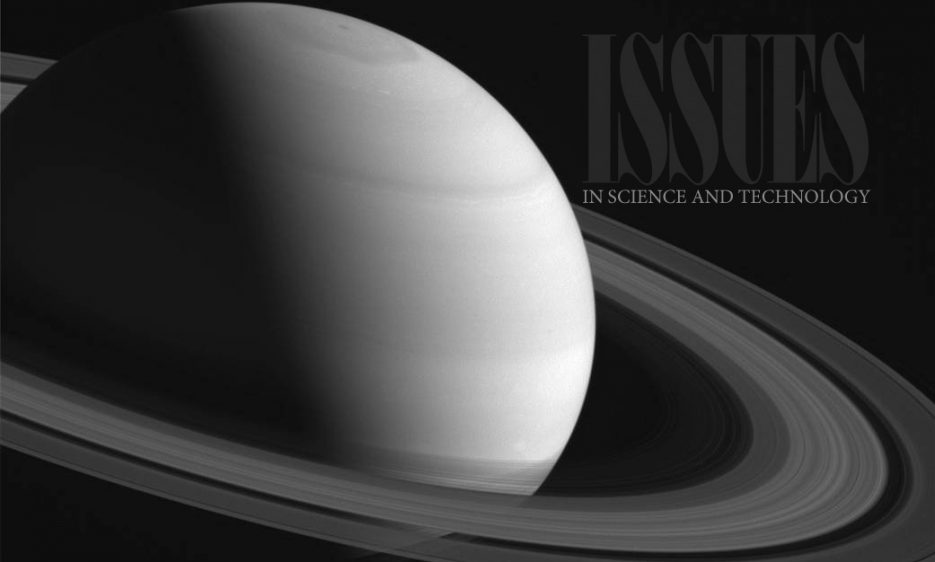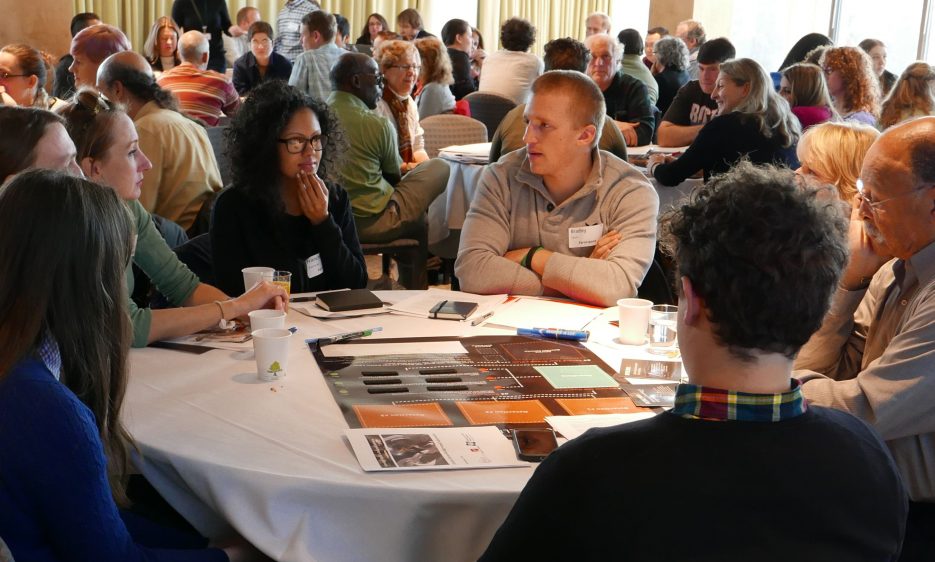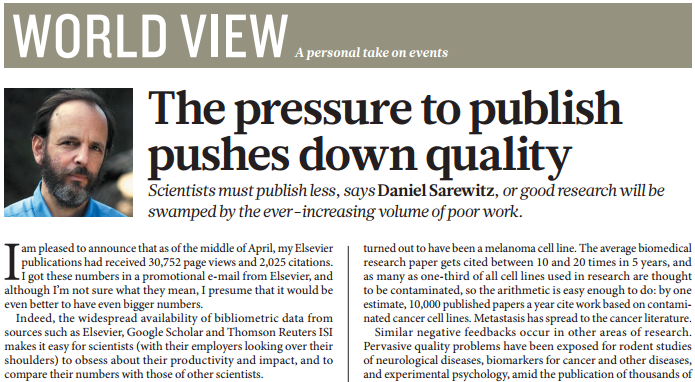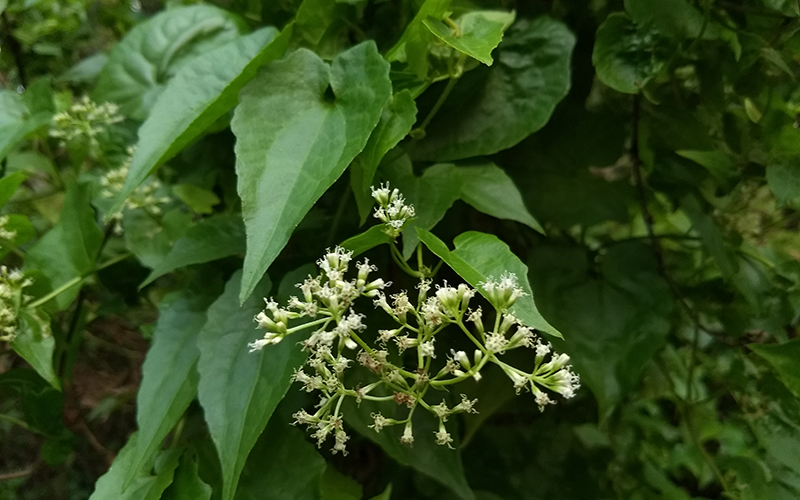CSPO News
-

Fall 2016 Issues in Science and Technology
The newest "Issues" looks at the criminalization of immigration, middle-skill jobs, chemical safety, and more.
The Fall 2016 “Issues in Science and Technology” explores how undocumented immigration and mass incarceration have become legal forms of oppression—and how the solution might be addressed by acknowledging a right to social inclusion.
-

The Future of Conflict
Our newest publication explores the emerging technologies that are destabilizing modern conflict.
We live in a world where the opportunities for conflict are rapidly multiplying, and where the accelerating evolution and democratization of military and security technologies make such conflicts far riskier. This rapidly evolving environment is destabilizing geopolitical and technological systems in ways that make much existing conflict strategy questionable, if not obsolete.
-

Can Science Be Saved?
In a landmark new essay, Daniel Sarewitz explodes our myths about science and how it's supposed to work.
“From metastatic cancer to climate change to growth economics to dietary standards, science that is supposed to yield clarity and solutions is in many instances leading instead to contradiction, controversy, and confusion.”
-

Summer 2016 Issues in Science and Technology
The latest "Issues in Science and Technology" examines new frontiers of space policy, pricing ecosystem services, dysfunction on the Chemical Safety Board, and more.
The Summer 2016 “Issues in Science and Technology” tackles everything from space policy reforms to combatting the next global pandemic.
-

Explore the Frontiers of Citizen Science in New Book from CSPO
The latest volume in "The Rightful Place of Science" series is a cutting-edge look at the changing relationship between science and the public.
Science is too important in our society to be left to the scientists. Everyday citizens are playing a greater role than ever in scientific projects and, in some cases, in science policy. This new book in CSPO’s “Rightful Place of Science” series takes a deep dive into the dynamic world of citizen science.
-

Germany’s Energiewende and Its Discontents
As one of the world's largest economies transitions to clean energy, Germany's ambitious goals face a number of hurdles.
CSPO scholar and School of Sustainability Ph.D. student Christine Sturm takes a close look at Germany’s energy system experiment in a new essay for the Bulletin of the Atomic Scientists.
-

Pressure to Publish
Current trajectories threaten science with drowning in the noise of its own rising productivity, according to CSPO's Dan Sarewitz.
A new Nature article by Dan Sarewitz, suggests that the pressure to publish in the scientific community has led to a growing body of poor work. “Avoiding this destiny will, in part, require much more selective publication,” wrote Sarewitz. “We can start by publishing less, and less often.”
-

What an Invasive Species in Nepal Teaches Us About Climate Adaptation
ASU-led research in Nepal offers insights into how communities worldwide can deal with climate challenges.
In a new piece for Slate‘s Future Tense channel, Netra Chhetri and Jason Lloyd argue that addressing current environmental challenges, like invasive species, will help communities better adapt to a warmer future.
-

A Compelling New Vision for Climate Adaptation
A new report from ASU’s Consortium for Science, Policy & Outcomes and The Breakthrough Institute calls for innovative adaptation efforts to deal with climate risks.
A new report published by ASU’s Consortium for Science, Policy & Outcomes and The Breakthrough Institute calls for an improved framework for climate adaptation in the 21st century. The report highlights successful climate adaptations around the world, connects them to robust social and economic development efforts, and explores what they mean for helping communities to thrive in an ever-changing world.